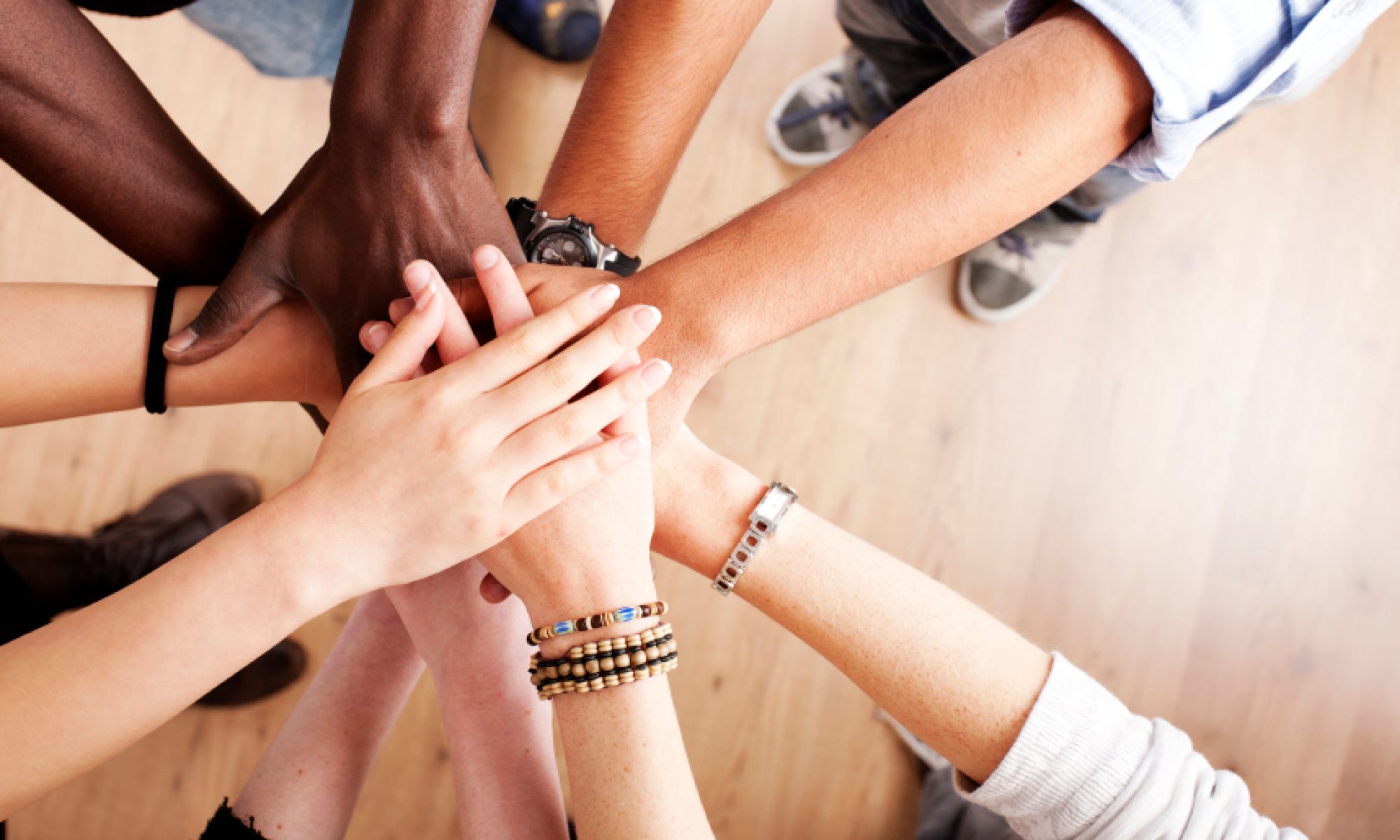We’ve all heard about the spread of COVID-19, otherwise known as the Coronavirus. According to the Centers for Disease Control and Prevention (CDC), this new respiratory illness has been increasingly reported in localities around the world, including in the United States, since its original outburst in Wuhan, China. So far, the CDC has confirmed 938 cases in the U.S., with 29 deaths. However, data from Worldometer reveal that out of the 129,854 people in the world who have been infected with the coronavirus, 68,672 have recovered and 4,751 deaths have occurred; this means that around only 4% of people infected with the coronavirus have died, while nearly 53% of people have recovered.
This high number of recoveries is, in part, certainly due to the doctors and medical responders working to counter and prevent the spread of the virus. Public health authorities alongside nonprofit organizations have worked to provide the necessary tools to help respond to COVID-19. Protective gear, such as masks, gloves, gowns and coveralls, and other equipment, are critical for medical professionals to help those infected, while protecting themselves.
However, the United States is facing a massive shortage of supplies, and most notably, facemasks. The Department of Health and Human Services (HHS) has revealed that the U.S. has only 1% of the necessary masks needed if COVID-19 should the disease became rampant.
With COVID-19 increasingly affecting communities around the world, as well as here in the United States, you may be wondering what you can do to help. Firstly, don’t panic! There are protective measures you can take to prevent and reduce your chances of being infected with the virus. The World Health Organization outlines critical precautions to take, such as washing your hands often or cleaning them with alcohol based sanitizers, avoiding touching your mouth, nose and eyes, and refraining from spreading germs by coughing and sneezing openly. Mostly importantly, stay home if you do not feel well and consult a medical professional by calling in advance.
Another way to help is by donating to organizations who are helping combat COVID-19 through providing funding for medical supplies. Charities such as Direct Relief are providing personal protective equipment for health workers responding to the virus around the world, and in the United States. You can donate to Direct Relief here.
Numerous other trustworthy organizations and charities responding to COVID-19 could use donations as well, in order to curb this growing pandemic and keep communities safe. A list of those organizations can be found here.
Written by Community-Based Learning work-study student, Ethan Bilyeu.

Excellent well informed post